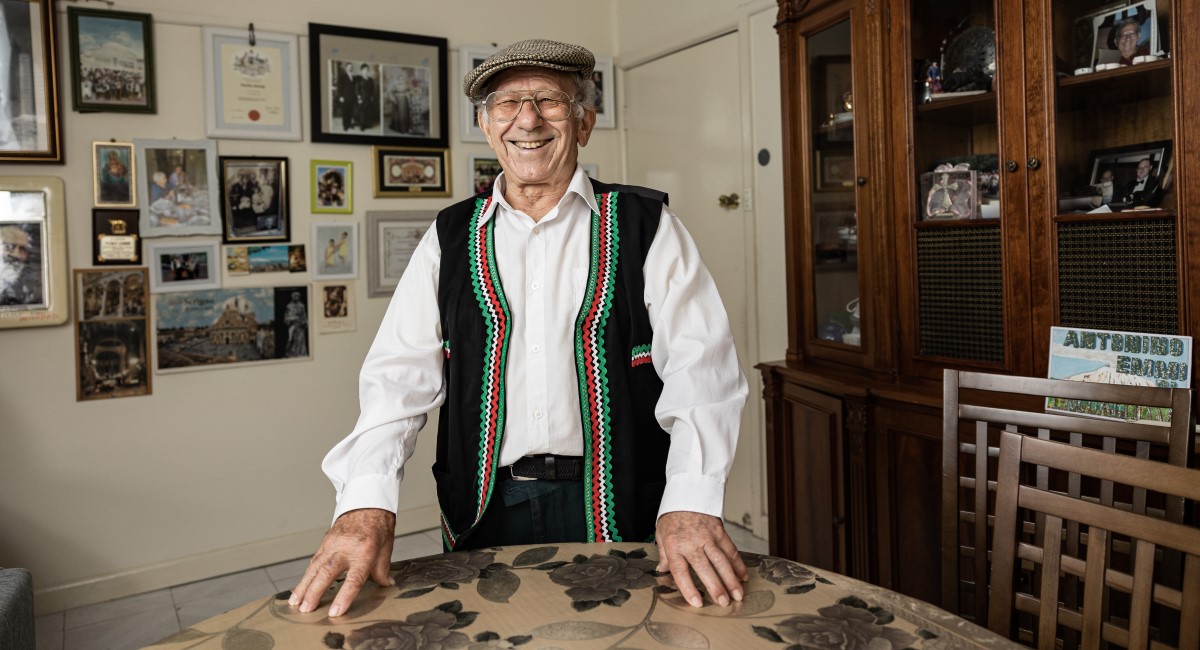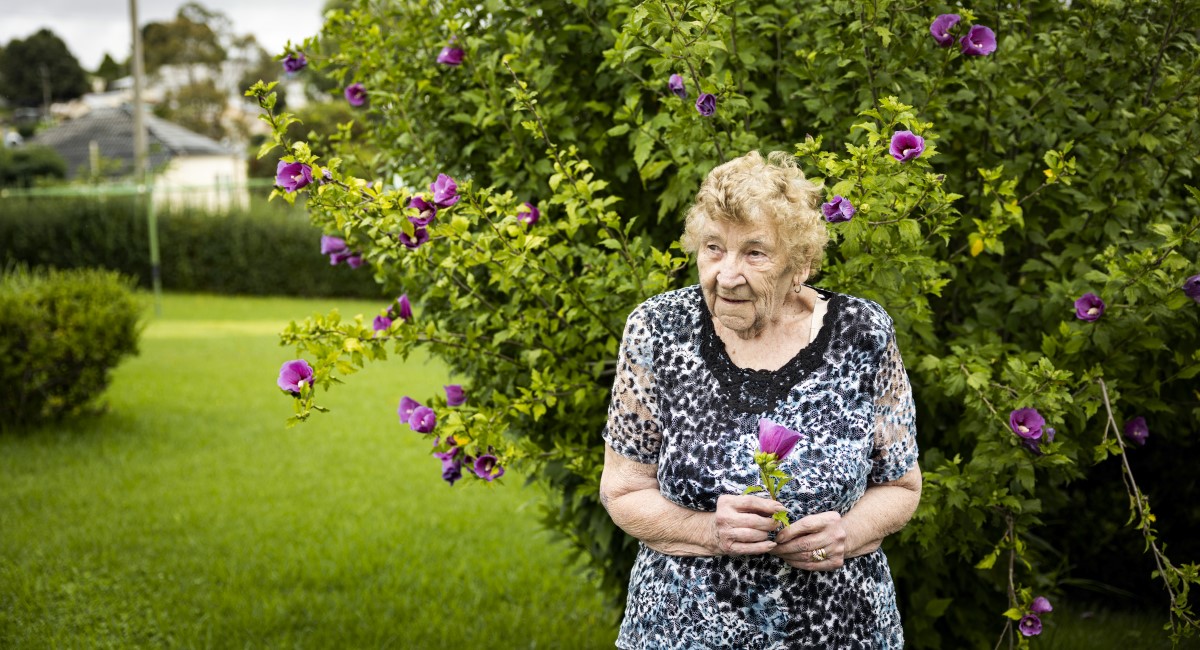“Learning to read and write is a basic human right. Literacy is the key to taking control of your life, being informed, having a voice and being self-confident and self-reliant. It unlocks the door to a world of endless possibilities.”—Kim Kelly, Executive Director and Co-Founder, Australian Literacy and Numeracy Foundation
Key points
- A child’s first five years are crucial for setting up the foundational language and literacy skills they’ll use throughout their schooling and adult life.
- Underserved communities can lack access to the resources and knowledge needed to give their children this important head start.
- With the support of the Australian Unity Foundation, the Australian Literacy and Numeracy Foundation is empowering communities with the skills and tools to transform their children’s lives.
“Most people think that a child just goes to school and that’s the core environment where they learn literacy skills, but that really isn’t the case at all,” says Kim Kelly, Executive Director and Co-Founder of the Australian Literacy and Numeracy Foundation (ALNF).
In fact, she explains, the first five years of a child’s life are crucial for setting them up with the language and literacy skills they need to keep up with the school curriculum from day one.
Unfortunately, marginalised communities—including those with a high proportion of First Nations Australians, migrants and refugees—often lack access to the resources and knowledge needed to work with their children to develop the foundational language and literacy skills that many of us take for granted.
But, as ALNF has found, once these communities are provided with the required tools and strategies, the impact can be powerful.

Driving change through empowerment
ALNF believes that “literacy is freedom”, as it allows people to access education, participate meaningfully in society, and to have a voice.
But in underserved communities, undiagnosed health issues (such as middle ear infections) or a lack of access to books, speech pathologists and other specialised help and resources can affect a child’s ability to develop these important skills.
“Learning to read and write is a basic human right,” says Kim. “Literacy is the key to taking control of your life, being informed, having a voice and being self-confident and self-reliant. It unlocks the door to a world of endless possibilities.”
From the outside, it can be hard to fully grasp the unique and nuanced set of factors that can interfere with early literacy and language development in these communities. It’s why the Australian Unity Foundation (AUF) is proud to support ALNF, which empowers local parents, teachers and caregivers with the tools to be their own change-makers.
“Often, people within marginalised communities have the knowledge and understanding to find the best solutions to the problems they face,” says Matthew Ricker, CEO of Australian Unity Bank. “What the AUF aims to do is to empower these communities by providing them with the funding and tools they need to take positive action and transform themselves.”
Since its founding in 1999, ALNF has achieved life-changing results through innovative literacy and language programs that equip individuals and communities with the skills, knowledge and confidence to rewrite their futures.
“That’s what leads to sustainable, long-term change: building capacity within community,” says Kim. “By empowering local community members with the skills that they can actually use as teachers in the classroom or with their own children, we can ensure hundreds of children, over many years, are given the opportunity to access the vital early language and literacy skills needed for strong life outcomes. All while building transgenerational literacy capacity.”
Together, we can make a difference
The partnership began in 2021, when Australian Unity started funding ALNF’s Breakfast Library program, which provides nutritious food and learning resources to children at ALNF’s partner schools across the country.
Recently, Australian Unity also contributed to ALNF’s nation-wide Early Language and Literacy (EL&L) Program, by providing funds to continue delivering the program on Palm Island, Queensland, one of Australia’s largest discrete Indigenous communities.
The EL&L program provides training and mentoring—through a nationally accredited course—to engage and upskill local educators, parents and community members with the effective techniques, knowledge and resources to teach children the foundational language and literacy skills required for success at school and in later life.
With the support of Australian Unity, ALNF has also equipped children and young people on Palm Island with learning resources through their Literacy Pack program.
“We believe in inspiring education with the right tools for learning. Through the Literacy Pack initiative, each child is provided with the vital resources and school supplies they need to actively participate in their own learning journey, both in the classroom and at home,” says Kim.
.jpg)
A life-changing impact
At Australian Unity, we’re committed to Real Wellbeing—and addressing these early childhood learning gaps can have a significant impact.
By providing better education outcomes and new career pathways for participants of the EL&L Program, ALNF helps to boost standard of living and provide a sense of purpose—not just for the children who benefit, but also for the adult community members who are upskilled through the program.
In addition, being able to confidently express yourself can help you connect with others, which in turn can positively affect your self-esteem and mental, physical and cognitive health.
All of these benefits really add up, meaning that ALNF is truly making a life-changing difference. Ultimately, as Kim points out, the success of the program is a result of the incredible commitment of the local community members, who are passionate about enhancing children’s education outcomes to create real change.
“It’s the people and women in these communities who are the real heroes,” she says. “In how they love and support their children, and how they believe in the power of literacy and education to create strong, thriving communities. We’re now seeing kids from these communities getting into university, and parents being more equipped to support their children at home.”
Information provided in this article is of a general nature. Australian Unity accepts no responsibility for the accuracy of any of the opinions, advice, representations or information contained in this publication. Readers should rely on their own advice and enquiries in making decisions affecting their own health, wellbeing or interest. Interviewee names and titles were accurate at the time of writing.


